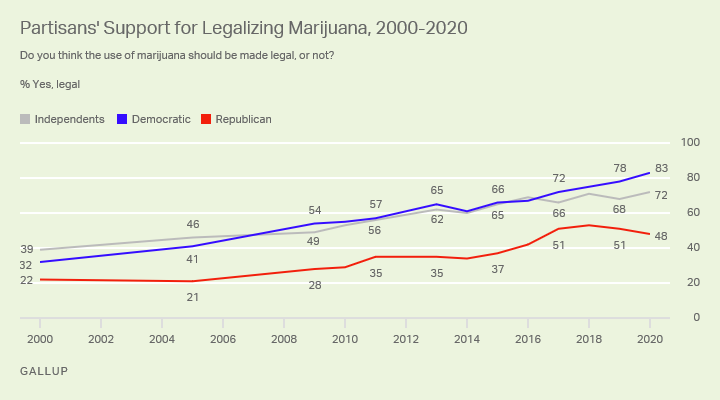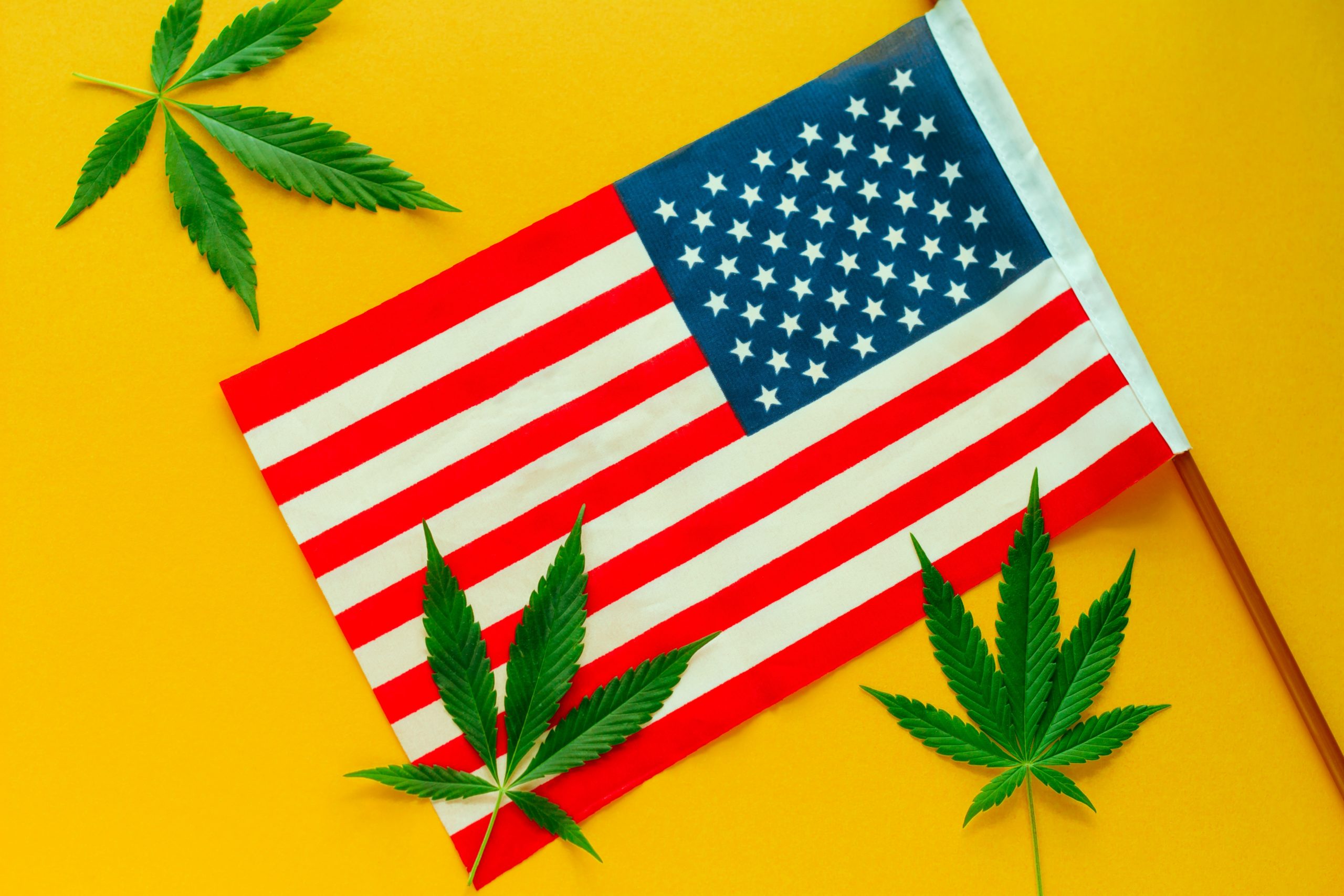A History in Cannabis Legalization
Cannabis legalization has been a topic of heated discussion for almost a century now. Prior to the 1930s, marijuana was legal and used in applications such as medicine, industrial, and religion. Founding fathers such as George Washington and Thomas Jefferson cultivated marijuana and praised its uses.
Now in 2021, we are still battling for federal legalization, but we are getting closer than we ever have before. The War on Drugs was not the first attack on cannabis usage.
Prior to the 1970s, two major bills were passed that first stigmatized the use of marijuana.
Marihuana Tax Act of 1937
Once the Great Depression hit, fear of marijuana began to spread, linking unemployment, violence, and other attributes to the drug. As a result, the Marihuana Tax Act of 1937 was enacted, the first federal act to criminalize cannabis products.

Controlled Substances Act
The Drug Enforcement Agency currently lists marijuana as a Schedule I substance under the Controlled Substances Act, making it a federal offense. Signed into law in 1970, substances listed under Schedule I are considered to have a high potential for dependency and no accepted medical use.
Americans Attitudes Towards Cannabis Through the Decades
- 1936: “Reefer Madness“, a propaganda film is released creating wide-spread fear towards cannabis
- 1972: A report by the National Commission on Marihuana and Drug Abuse suggested that societal harm of criminalization and imprisonment outweighed the physical risks from smoking marijuana. This did not change many views nor did it change national policy.
- 1984: The Comprehensive Crime Control Act is passed, enacting harsh sentencing guidelines for drug offenses and imprisoning thousands for minor violations. Racial disparities were revealed in the number of arrests from communities of color, creating further tension
- 1996: The Compassionate Use Act is signed, allowing California to legalize marijuana usage with a doctor’s prescription. Advocacy towards utilizing medical marijuana takes off.
Following in California’s footsteps, more state and local governments began pursuing to either legalize or decriminalize cannabis in the 2000s.
Federal Cannabis Legalization Gaining Traction
A lot of progress has been made toward federal cannabis legalization since drug policy reform organizations like NORML first started pushing to end the stigmatism behind marijuana in the 1970s. Subsequent decades saw numerous reforms in cannabis policies and advancement toward advocacy.
The past November 2020 election witnessed five states (Arizona, Mississippi, Montana, New Jersey, and South Dakota) voting to legalize medical marijuana, recreational, or both. Despite these advancements, cannabis legalization is still facing hurdles at the state level like South Dakota, and at the federal level.

Outlook for Federal Cannabis Legalization
State and local governments who put their cannabis legislation on pause in 2020 have re-issued their calls for cannabis law reform in 2021. The democrats have recently taken control of the House and Senate and have stated they intend to advance federal cannabis legalization. Representatives have repeatedly called for the end of the War on Drugs.
“The War on Drugs has been a war on people – particularly people of color. Ending the federal marijuana prohibition is necessary to right the wrongs of this failed war and end decades of harm inflicted on communities of color across the country.”
Statement from Chuck Schumer D-NY, Cory Booker D-NJ, and Ron Wyden D-OR
A lot of focus on legalization is aimed toward President Joe Biden and his stance on the matter. According to Politico, Biden had stated he favors decriminalization but wants more scientific research to support full cannabis legalization. After every initiative that involved decriminalizing or legalizing cannabis passed in 2020, things are looking promising for the future of federal cannabis legalization.
